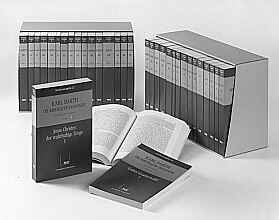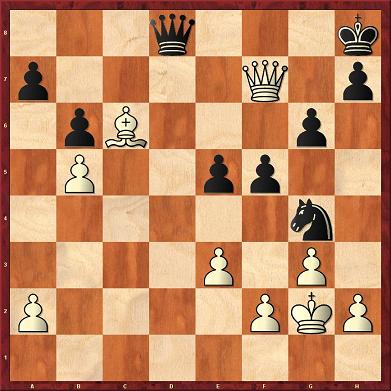
I’m sorry, I wanted to make this review of Küng’s book far shorter, but I’m finding it too interesting to simply skim over. And writings these words down is helping my think through matters myself!
The following is part 1 of the overview of Section B.
(To orientate yourself as to which part of the book I am presently overviewing, click
here for the introductory post. Previously, I examined section A in two parts: part
one, and
two).
------
Section B deals with the question: ‘God as beginning?’ – not from the perspective of cosmology, but rather based on philosophical-theological reflection.
1. The question concerning the beginning of the beginning.
First, through a brief analysis of the ‘original singularity’ (
die Anfangssingularität), Küng argues for the impossibility of explaining the absolute beginning (the t = 0 moment) without some recourse to meta- or proto- physics. Second, Küng argues that science certainly cannot determine God is irrelevant to such considerations. He attempts to demonstrate this, based on Kant’s critique of ‘pure reason’: the limits of reasons must be admitted, and this is not to be taken to be the same things as limiting Reality. ‘Das heißt: Was die Vernunft nicht erkannt, kann dennoch wirklich sein! Auch Gott?’ (63 – if a translation is desired, please indicate in the comments). Turned around this means that scientific proof of God is also, according to Kant, impossible.
2. Science blocked through religious criticism?
This is all agreeable enough, but in the light of Kant, Küng turns his guns on the likes of Sagen, Dawkins and Atkins, and other such ‘prophets of science’, who come along proclaiming an atheistic critique of religion in the name of science. Their scientific work, he argues, has no real relevance for the truth or falsehood of most religious claims.
Through an overview of the contributions of famous religion critics (Feuerbach, Marx and Freud), Küng rather helpfully points out that their conclusions may well be accepted, but that hardly determines the absolute truth of Reality. For example, along with Feuerbach we may agree that ‘God’ is a human projection, but
only a projection? Küng is adamant: Science must leave God out of their considerations, they simply have not the tools to deal with such questions. God is not an object of the observable universe to be placed under a microscope. And while atheism may be understandable, it is therefore most certainly not necessary.
3. Where do the nature-constants (
Naturkonstanten) come from?
In all of this, Küng is, of course, setting his argument against certain apologists who want to suggest that an Absolute Beginning is positive proof for a creator. Things are not so simple. However, does this mean that we can forget about such questions as ‘what are the conditions of the Absolute Beginning’? Certainly not, he insists. It is simply that such questions cannot be answered by science as they overstep the boundaries of ‘pure reason’. Rather, and this is a point he will expand on later, it is that they need to be addressed by a decision of the entire human (
eine Entscheidung des ganzen Menschen).
Once again, ‘where do the cosmic
Ordnungsprinzipien come from?’ Of course, astrophysics cannot answer this. The generally accepted ‘expanding universe’ model helps to explain some things, but not the basic cosmic ordering principles. It cannot describe the conditions for the beginning of the universe. This doesn’t mean that we should import God into a scientific lack of knowledge ( a God of the gaps), but that this is rather an
invitation to think over the fundamental conditions of the scientific world model, one upon which scientists themselves recourse to feeling and instinct, rather than to scientific arguments.
To be continued …Labels: Book Review, Küng






























